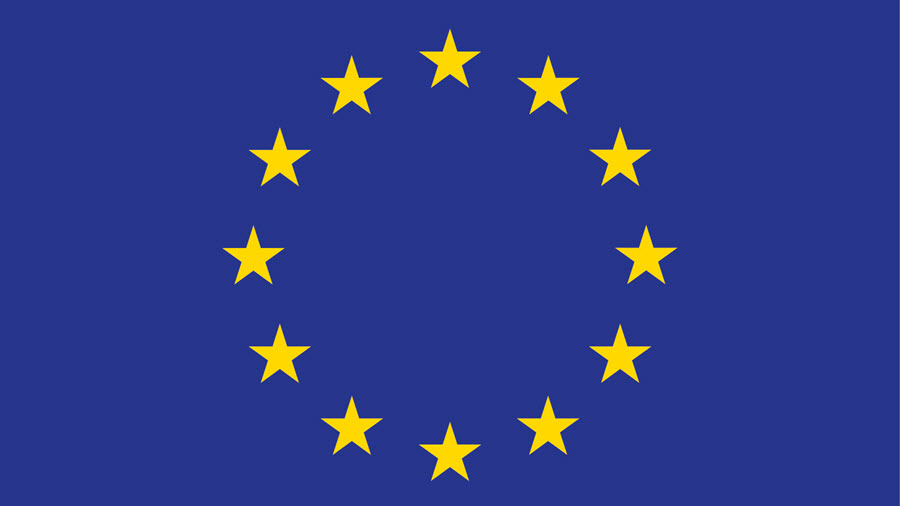Stakeholders Agree on EC Voluntary Code on Disinformation

The smarter way to stay on top of the multichannel video marketplace. Sign up below.
You are now subscribed
Your newsletter sign-up was successful
The European Commission has issued a new Code of Practice on Disinformation, which comnprises voluntary self-regulations on a host of things, from transparency and political advertising to closing fake accounts, to try and head off online election meddling ahead of the spring 2019 European elections.
The EC billed it as "first time worldwide that industry agrees, on a voluntary basis, to self-regulatory standards to fight disinformation."
The code was the product of "online platforms, leading social networks, advertisers and agencies," according to the commission, which released the code Wednesday (Sept. 26).
The code is meant to achieve the objectives of an April communication from the commission.
The basic commitments are pretty general, as could be expected of a self-regulatory code, with language like "could include" and "reasonable efforts." The commitments do include:
1) Use commercially reasonable efforts not to promote accounts or Web sites that consistently misrepresents information about themselves, including taking compensation from them.
2) Commit to "enabling public disclosure of political advertising (defined as for or against election of a candidate or passage of referenda in national and European elections), which could include actual sponsor identity and amounts spent.
3) Use "reasonable efforts towards devising approaches to publicly disclose "issue-based advertising."
The signatories to the code commit to producing an annual report of their efforts to counter disinformation, and make it public, so it is a "reviewable by a third party."
In the case of advertisers, the World Federation of Advertisers will provide aggregated reporting to identify "barnd safety activities" by brands. In the case of ad agencies, the European Association of Communications Agencies (EACA) will do the same thing for ad agencies.
Signatories will review the code every 12 months.
The smarter way to stay on top of the multichannel video marketplace. Sign up below.
Contributing editor John Eggerton has been an editor and/or writer on media regulation, legislation and policy for over four decades, including covering the FCC, FTC, Congress, the major media trade associations, and the federal courts. In addition to Multichannel News and Broadcasting + Cable, his work has appeared in Radio World, TV Technology, TV Fax, This Week in Consumer Electronics, Variety and the Encyclopedia Britannica.

